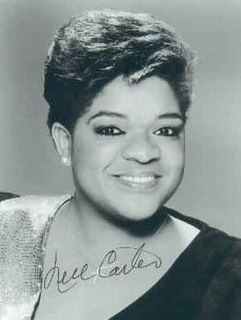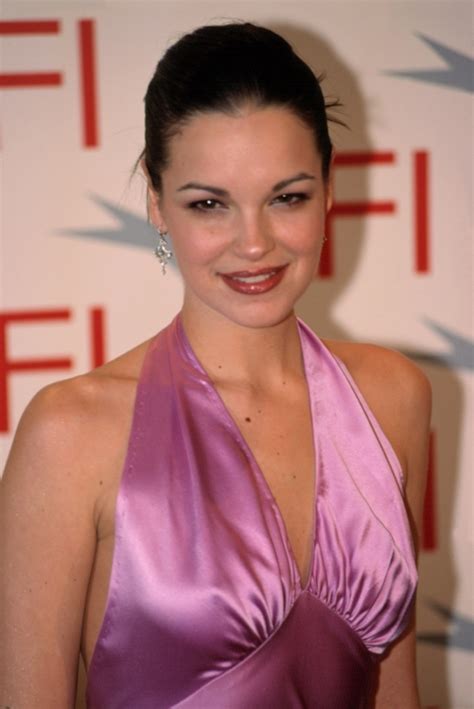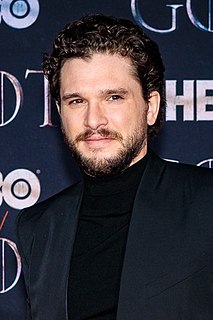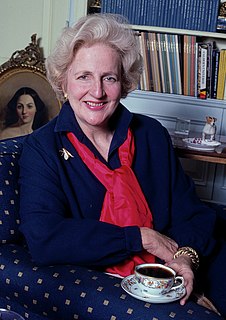A Quote by Pauline Collins
I think you can lose yourself more easily in a film than in the theater.
Related Quotes
It's a certain kind of human compact that obviously you lose as soon as there is a screen and a camera there, so I think we'll always have theater. I think theater will always be a powerful force because we need that human touch, particularly as we spend more and more time with machines, cell phones, computers we start to lose our humanity.
When you're on stage, you're playing to whoever is in the back of the room, and TV and film is so much more detailed and nuanced, but I think that's what I always wanted to do. As much as I love theater and musical theater and would love to do it again, I really love the subtleties of film and theater acting.
When I was younger, I definitely thought musical theater was sort of more pure than film. I used to say I'd never go to film because we had to get it right the first time in musical theater. But then, of course, I started doing film and realized I loved it. Keep in mind that I was 8 years old when I said that.
I find you can lose yourself in an acting sense in a fight far more easily than you can in a dialogue scene, and I love that about it. We try as actors all the time: we strive just to completely sort of lose ourselves in the moment, and we never quite get there, but in a fight, you can do it in seconds; that is what I love about it.
I think film is a world of directors. Theater is a world of actors. Or, theater is for actors as cinema is for directors. I started in theater. Filming is as complete as directing film. In theater, you are there, you have a character, you have a play, you have a light, you have a set, you have an audience, and you're in control, and every night is different depending on you and the relationship with the other actors. It's as simple as that. So, you are given all the tools.
Film is more than the twentieth-century art. It's another part of the twentieth-century mind. It's the world seen from inside. We've come to a certain point in the history of film. If a thing can be filmed, the film is implied in the thing itself. This is where we are. The twentieth century is on film. You have to ask yourself if there's anything about us more important than the fact that we're constantly on film, constantly watching ourselves.




































